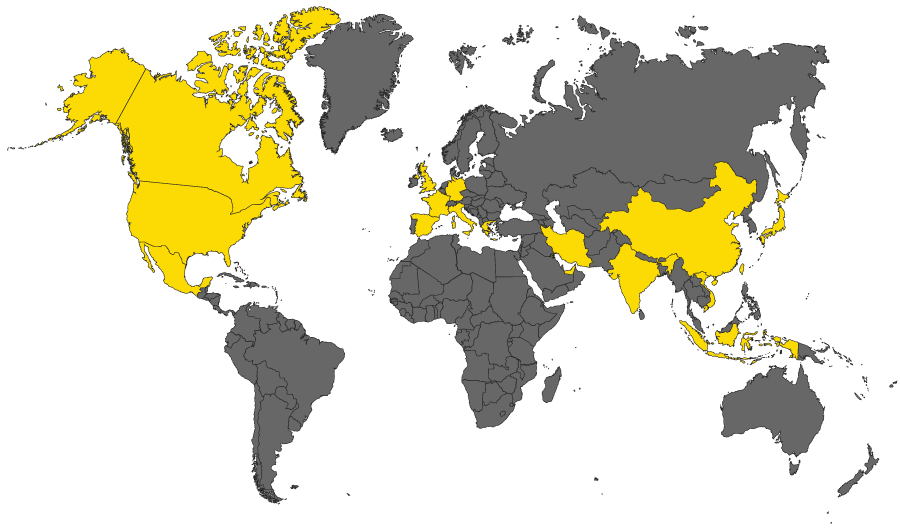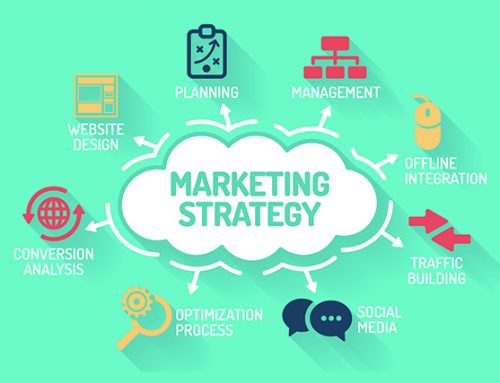
Blogs.
Blogs.
Human resource management after COVID-19, what do enterprises suppose to do?
The labour market, of course, will not be the same as normal even when the disease passes. Increasing business activities while simultaneously implementing a part of the social gap at this time is extremely important.
The latest quarterly labour market report of Adecco Vietnam has just confirmed the impacts of COVID-19 on the labour market and recruitment demand in the first quarter of 2020 as well as new approaches to improve the business situation and post-crisis workforce management.
How did COVID-19 impact on the labour market?
COVID-19 is posing enormous challenges to the economy and life of the Vietnamese people. According to the General Statistics Office (GSO), per capita only increased by 3.82% in the first quarter of this year – the lowest growth rate recorded in the last 10 years. More than 35,000 businesses also had to shut down in the first 3 months.
The temporary closure of nonessential services has forced transportation, beauty, and entertainment service employees to take unpaid leave or lose their jobs altogether. The Ministry of Planning and Investment estimates that 250,000 Vietnamese workers lost their employments this quarter and 1.5-2 million others are at similar risk under the influence of this global pandemic. Most of them are from textiles, footwear, restaurants, hotels or tourism.
COVID-19 also negatively affects workers in the manufacturing industry. More than 56% of Vietnam’s raw materials are imported from China, Japan and South Korea. The worldwide hindrance caused disruptions in the supply and production processes and put businesses in the field of auto production, electronics, and iron and steel under huge pressure to restructure labour forces. Moreover, agriculture, forestry and fishery suffered the lowest growth of 0.08% in this quarter according to the latest survey of the General Statistics Office. Farmers and people with low incomes or short-term contracts are the most terribly affected groups.
Industries with high recruitment demand in the first quarter of 2020
Before the pandemic, in January and February, Adecco Vietnam still witnessed recruitment demand for electronics and manufacturing increased by 11% compared to the first quarter of 2019. The tension in the US-China trade war has companies to result in shifting production chains into Vietnam. However, when the epidemic began to boom in our country since March, the recruitment market has decreased by 30-40% compared to the previous year. Restrictions on travel and blockade also postpone many new job opportunities for foreigners.
Instead, certain locations are searched higher than ever. ‘E-commerce, information technology and financial technology are asking for more experts. Social disruption and fear of spreading the virus force people to active online, leading to an increase in demand for online services ”, Ms Nguyen Thu Ha – Hanoi Office Manager, Adecco Vietnam shares.
Mr Nguyen Hoang Thanh Chuong – Deputy Director of Ho Chi Minh City Recruitment Department, Adecco Vietnam added: “In this quarter, companies tend to recruit project manager or technical manager in IT industry by 20% compared with the same period last year. Additionally, home cooking and quarantine preparation lead to a growth in the purchase of packaged and frozen foods, dairy products, personal care and home hygiene. We realize positions such as Sales Manager and Marketing Manager in FMCG which are also popularly recruited in this season.” The General Statistics Office also recorded a growth of 5.69% in the retail sector in the first quarter of 2020.
New labour market approach
According to a new Canva survey, working from home or social isolation is causing many people to suffer from psychological issues.
“We have to adapt to new ways of working and cooperating in a concise period of time. As a result, the demand for effective teleworking skills is increasing. Thus, businesses need people who can govern the team through online platforms. Talent with a combination of digital competence and leadership skills, along with quick adaptation and crisis handling to change at the moment, is now more sought after than ever. ”, Mr Andree Mangels, General Director of Adecco Malaysia and Vietnam recommends.
The labour market, of course, will not be the same as normal even when a pandemic has passed. Increasing business activities while simultaneously implementing a part of the social distancing at this time is extremely important. Employees are still not immediately ready to restore their productivity to its original state. Businesses should develop specific guidelines on health and safety to protect employees and ensure business activities are carried out continuously. Besides, if enterprises focus on improving employee capacity and digital transformation, they can take advantage of new opportunities and turn the tide.
“By ensuring workplace safety such as avoiding gathering or meeting in large numbers, companies can currently think of welcoming their employees back and recruiting new people. You can find rare talent at this time. In recent years, we have found that professionals with in-depth knowledge and skills in Electronics and Technology are in high demand. At the same time, companies can consider training and coaching strategies. “We should invest in people and improve the quality of workers. Digital skills, flexibility, creativity, ability to communicate and solve complex problems play a significant role in helping businesses to dominate and excel in the future ”, Ms Nguyen Thu Ha – Director of Hanoi office, Adecco Vietnam said.
Global reach.
Personal Service.























